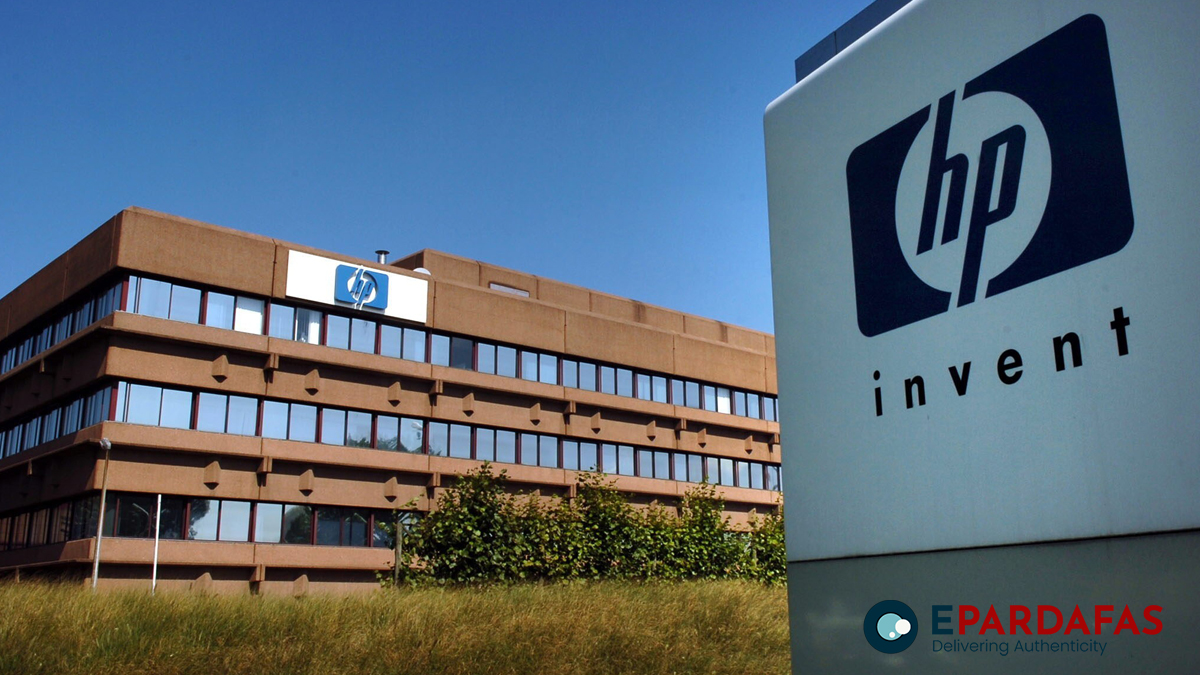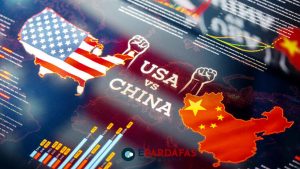
HP Plans Major Shift of PC Production Out of China to Mitigate Geopolitical Risks

HP, the leading American PC manufacturer, is planning to shift more than half of its personal computer production away from China, according to sources briefed on the matter. This move is part of a strategy to reduce the geopolitical risks associated with China and Taiwan.
The company, which currently produces the bulk of its PCs in China, aims to achieve this transition within two to three years. HP is in talks with its suppliers and has set an internal goal of eventually moving up to 70% of its notebook production outside of China.
A significant portion of the production will be relocated to Thailand, where at least five HP suppliers are establishing new manufacturing facilities or warehouse hubs. Since the beginning of the year, two suppliers have been increasing their capacity in Thailand at HP’s request.
“HP is betting big on building a production hub in Thailand,” said one executive-level source. “We’re building a new factory in Thailand now, as requested.”
In addition to Thailand, HP is hiring engineers and managers in Singapore to create a backup team for its Taiwan Design Center, which handles new product development and liaises with the supply chain. Approximately 200 additional engineering staff and professionals, including electrical and mechanical engineers and supply chain experts, will be recruited to turn Singapore into an alternative design hub. This measure aims to mitigate risks related to potential conflicts between Taiwan and China.
HP shipped around 52 million PCs in 2023, making it the second-largest PC maker after Lenovo. The company’s shift away from China marks a significant change from its long-standing reliance on China-based manufacturing. The extensive network built by HP and its suppliers in China had turned Chongqing into a leading global source of PC exports.
However, ongoing U.S.-China tensions and disruptions from COVID-19 have prompted many American tech companies to diversify their supply chains. Dell, Apple, Microsoft, and others have already moved portions of their PC production to Southeast Asia and allocated more marketing resources to explore local sales.
Internally, HP executives have emphasized the business opportunities in Southeast Asia and the Middle East, while highlighting the geopolitical risks of concentrating production in China.
“From our supply chain checks, we do find HP and Dell have become much more serious about diversification plans out of China,” said Jeff Lin, a tech analyst with Omdia. “The idea of de-risking becomes very important in their supply chain strategy looking forward.”
Chiu Shih-fang, a supply chain analyst with the Taiwan Institute of Economic Research, noted that the tech industry has been reminded of the importance of supply chain resilience this year. The U.S.-China tech war, along with a major earthquake in Japan that disrupted supply continuity for months, has highlighted these risks. The upcoming U.S. election is another geopolitical uncertainty that tech companies are considering.
Assembling AI-capable PCs in China could pose supply chain risks if the U.S. imposes further export controls on high-powered chips. For example, Intel is already barred from shipping its Core Ultra 9 chip for AI PCs to Huawei. Accelerating PC production shifts could help mitigate these risks.
When asked for comment, HP referred to a July 2023 post on its website by Chief Supply Chain Officer Ernest Nicolas, discussing the company’s evolving approach to supply chain management. “We’ll continue investing in current sites where we have longtime operations, while sometimes shifting certain production to alternate locations to create flexibility and mitigate risk for our customers,” the post read.












Comments